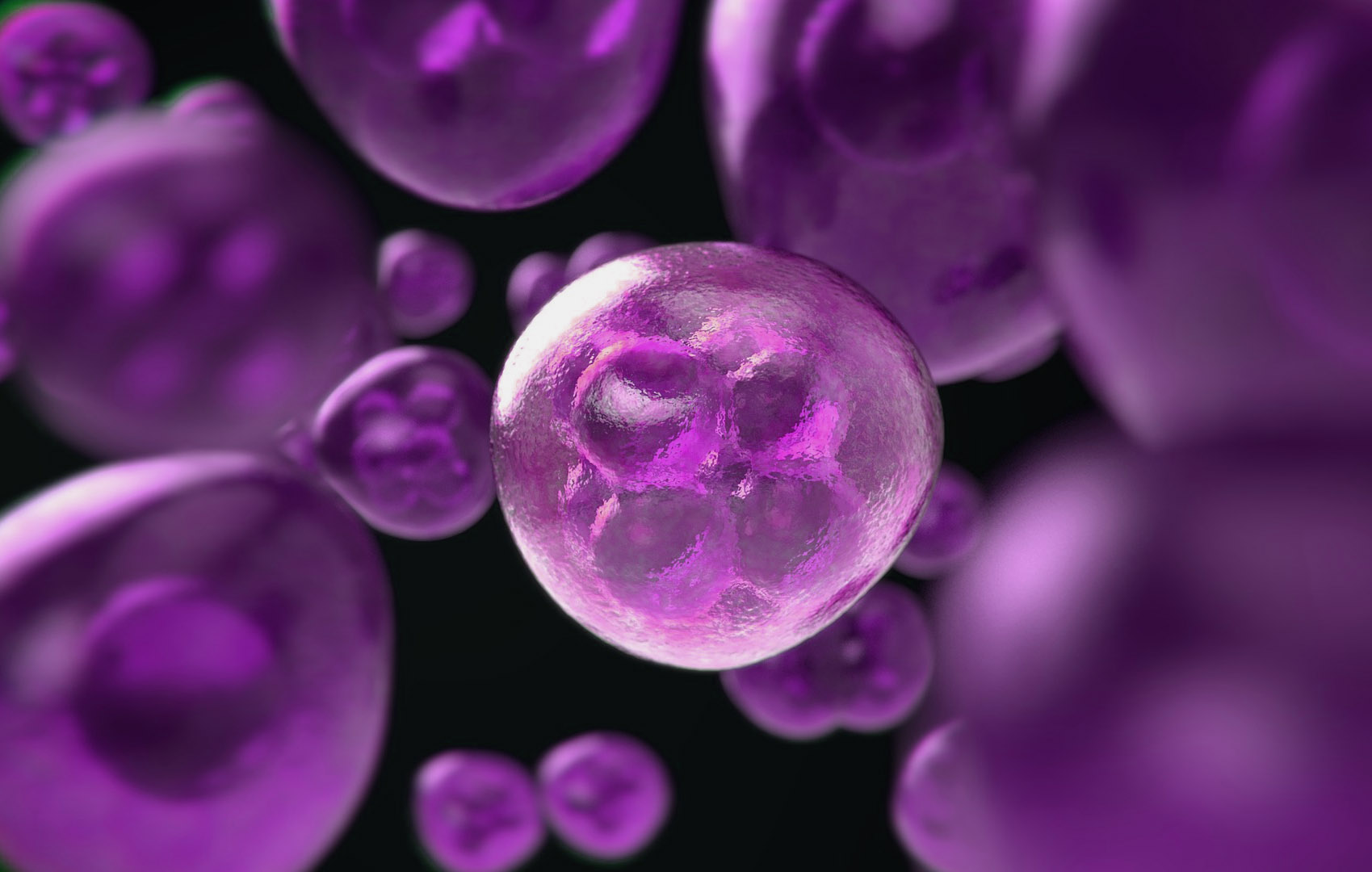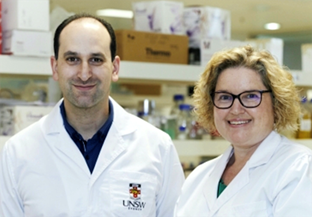PanKind funded research shows promising results

PanKind, The Australian Pancreatic Cancer Foundation has funded top researchers at UNSW Medicine and Health to find a way to starve pancreatic cancer cells and ‘disable’ the cells that block treatment from working effectively.
A/Prof. Phoebe Phillips, Dr George Sharbeen and their team demonstrated their novel way to metabolically rewire helper cells by targeting a particular protein which in turn shuts off the cells’ tumour-promoting activity and reduces the scar tissue they produce.
“Pancreatic cancer has seen minimal improvement in survival for the last four decades – and without immediate action, it is predicted to be the world’s second biggest cancer killer by 2025,” said Associate Professor Phoebe Phillips.
“But our latest advance means today I am the most optimistic and hopeful I have been in my career.”
Pancreatic cancer is notoriously difficult to treat because of the dense scar tissue surrounding tumours – the tissue acts like a fortress that blocks chemotherapy delivery. “This scar tissue is produced by critical ‘helper cells’ – also called cancer-associated fibroblasts – which cancer cells recruit to support their growth and spread. Yet, these helper cells have been ignored in current treatment strategies,” A/Prof. Phillips says.
“Our approach hits both the tumour cells and the helper cells, so it’s ideal for overcoming the aggressiveness and drug resistance of the disease.”
Improving outcomes that haven’t changed in decades 
In addition to the clinical trial, the team now hopes to assess how their approach interferes with the exchange of nutrients between tumour cells and helper cells. They also want to identify the ideal
drugs to combine with their therapeutic approach to enhance anti-tumour effects.
Pancreatic cancer is a highly lethal disease, with only one in 10 patients surviving beyond five years. In 2020, an estimated 4000 Australians were diagnosed with pancreatic cancer – about 90 per cent
of them will die, often within a few months of diagnosis.
“We clearly need improved treatments to turn these dismal statistics around, and we hope clinical translation of our findings will ultimately increase the number of pancreatic cancer survivors,” says A/Prof. Phillips.
Improved treatment for patients



